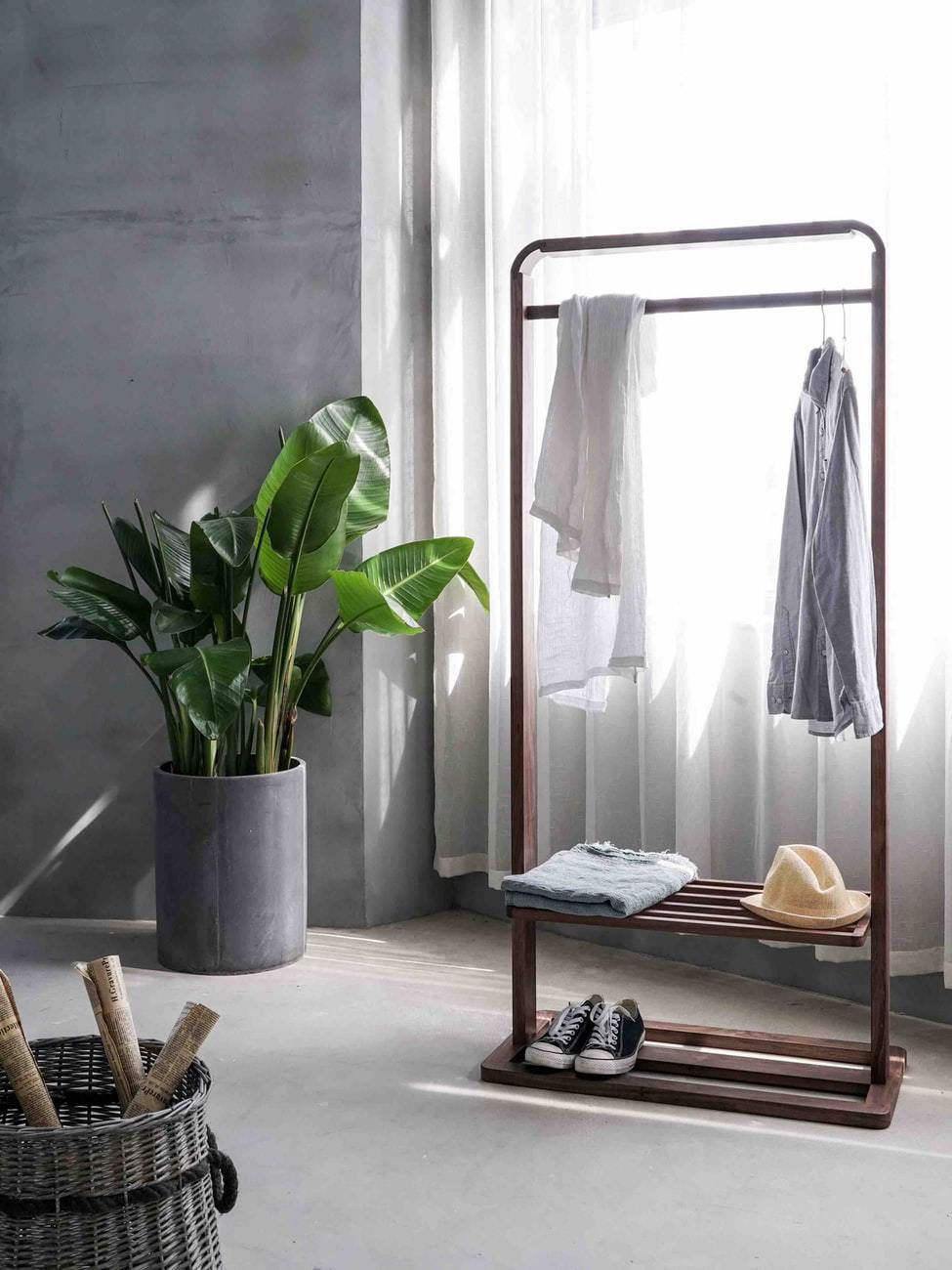What is Minimalism?
- Madison Dunham

- Jan 27, 2020
- 3 min read
Updated: May 26, 2020

I wanted to educate myself on the minimalist lifestyle that has been growing with followers in the past few years. There are endless resources available to learn about it, but I wanted to find someone who could give me a personal testimony about minimalism. I used social media to get in contact with a fellow high school classmate, Matthew Meadows, to help me write this article. He has been a minimalist for over two years now.
When I initially thought about this lifestyle my mind went straight to thinking about living in tiny houses and owning as little of everything as possible. But I was wrong, Meadows said, “Minimalism has never been about having as little stuff as possible, or only having a certain amount of stuff, but about living with intentionality.” He further explained that it’s not just about simplicity but maintaining a mindset that is unique and tailored to each person that chooses to live this way.
So, if you consider yourself to be a shopaholic but want to make this lifestyle change then you’re still able to. To do this, you would have to consider all the items you own and then identify what items you used within a set time frame. For the items that weren’t accounted for and used within that time, you would then donate and get rid of it.
Before making any type of decision, I want to know the benefits. What could this lifestyle offer me if I chose to pull the trigger? Meadows said that being a minimalist has given him two major benefits, “I have saved a lot of money by changing my mindset about purchasing new items.” While this was a great benefit even as a college student, I was still hesitant about this lifestyle.
The second benefit he shared was that being a minimalist has helped him break out of an impulsive spending cycle. Meadows said, “When you start to buy things just to have more things, you get caught in an endless cycle of never having enough.” Recognizing this toxic cycle was a big deal for Meadows. “I realized that in my life I would see something that was a really good deal or something that I ‘may’ need someday and I would buy based on those things and not if they added any value to my life,” he said.
Now I will admit that I am guilty of being caught up in this buying cycle, but Meadows reassured me that, “We all are! I think that’s part of our society and I definitely don’t want to say it’s a bad thing, because some people do it and are actually, genuinely happy.”
Being a minimalist, “Frees you from thinking that the amount of stuff you have directly correlates to your happiness,” Meadows said. This lifestyle option is important to be aware of because as young adults in college, the way that we are currently living will most likely be the way that we live as older adults and when we start our own family.
If you’re wanting to learn more about Minimalism, I recommend watching Minimalism: A Documentary About the Important Things, which is currently available on Netflix and Amazon Prime Video. The documentary has personal testimonies of a wide range of minimalists as well as give you the psychology and statistics behind the lifestyle.




AV在线看 AV在线看;
自拍流出 自拍流出;
国产视频 国产视频;
日本无码 日本无码;
动漫肉番 动漫肉番;
吃瓜专区 吃瓜专区;
SM调教 SM调教;
ASMR ASMR;
国产探花 国产探花;
强奸乱伦 强奸乱伦;
代发外链 提权重点击找我;
谷歌蜘蛛池 谷歌蜘蛛池;
Fortune Tiger…
Fortune Tiger…
谷歌权重提升/ 谷歌权重提升;
谷歌seo 谷歌seo;
谷歌霸屏 谷歌霸屏
蜘蛛池 蜘蛛池
谷歌快排 谷歌快排
Google外链 Google外链
谷歌留痕 谷歌留痕
Gái Gọi…
Gái Gọi…
Dịch Vụ…
谷歌霸屏 谷歌霸屏
负面删除 负面删除
币圈推广 币圈推广
Google权重提升 Google权重提升
Google外链 Google外链
google留痕 google留痕
代发外链 提权重点击找我;
谷歌蜘蛛池 谷歌蜘蛛池;
Fortune Tiger…
Fortune Tiger…
谷歌权重提升/ 谷歌权重提升;
谷歌seo 谷歌seo;
谷歌霸屏 谷歌霸屏
蜘蛛池 蜘蛛池
谷歌快排 谷歌快排
Google外链 Google外链
谷歌留痕 谷歌留痕
Gái Gọi…
Gái Gọi…
Dịch Vụ…
谷歌霸屏 谷歌霸屏
负面删除 负面删除
币圈推广 币圈推广
Google权重提升 Google权重提升
Google外链 Google外链
google留痕 google留痕
代发外链 提权重点击找我;
蜘蛛池 蜘蛛池;
谷歌马甲包/ 谷歌马甲包;
谷歌霸屏 谷歌霸屏;
谷歌霸屏 谷歌霸屏
蜘蛛池 蜘蛛池
谷歌快排 谷歌快排
Google外链 Google外链
谷歌留痕 谷歌留痕
Gái Gọi…
Gái Gọi…
Dịch Vụ…
谷歌霸屏 谷歌霸屏
负面删除 负面删除
币圈推广 币圈推广
Google权重提升 Google权重提升
Google外链 Google外链
google留痕 google留痕
代发外链 提权重点击找我;
游戏推广 游戏推广;
Fortune Tiger Fortune Tiger;
Fortune Tiger Slots Fortune…
谷歌马甲包/ 谷歌马甲包;
谷歌霸屏 谷歌霸屏;
מכונות ETPU מכונות ETPU;
;ماكينات اي تي بي…
آلات إي بي بي…
ETPU maşınları ETPU maşınları;
ETPUマシン ETPUマシン;
ETPU 기계 ETPU 기계;